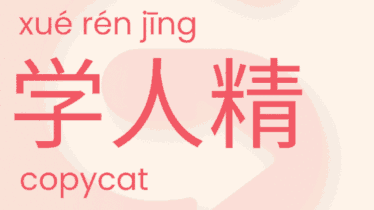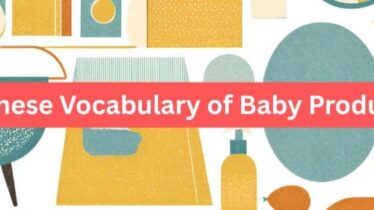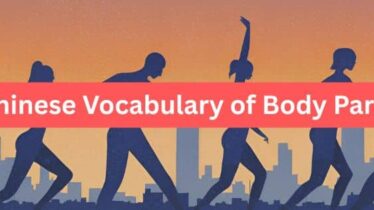คําศัพท์การถ่ายภาพในภาษาจีนกลาง
Learn how to talk about photography in the Chinese language with these words. Do you like to 自拍? Or are you a person who takes her or his 胶卷相机 out on the weekends?
| English | ฮันซี | Pinyin |
|---|---|---|
| Photograph | 照片 | Zhàopiàn |
| Picture | 图片 | Túpiàn |
| ถ่ายรูป | 拍照 / 照相 | Pāi zhào / zhàoxiàng |
| Camera | 相机 / 照相机 | Xiàngjī / zhàoxiàng jī |
| Digital camera | 数码相机 | Shùmǎ xiàngjī |
| Analog / film Camera | 胶卷相机 | Jiāojuǎn xiàngjī |
| Single-lens reflex camera (SLR) | 单反相机 | Dānfǎn xiàngjī |
| Mirrorless / compact camera | 微单 | Wēi dān |
| Polaroid camera | 拍立得 | Pāi lì dé |
| Easy-to-use camera | 傻瓜相机 | Shǎguā xiàngjī |
| Selfie | 自拍 | Zìpāi |
| True-to-life photo | 写真 | Xiězhēn |
| Art photograph | 艺术照 | Yìshù zhào |
| Profile pic / avatar | 头像 | Tóuxiàng |
| Group photo | 合影 / 合照 | Héyǐng / hézhào |
| Portrait orientation | 纵向 / 竖着拍 | Zòngxiàng / shùzhe pāi |
| Landscape orientation | 横向 / 横着拍 | Héngxiàng / héngzhe pāi |
| Full body portrait | 全身 | Quánshēn |
| Half body portrait | 半身 | Bànshēn |
| Beauty filter | 美颜滤镜 | Měi yán lǜ jìng |
| Photoshop (repair) | 修 | Xiū |
| Photo cheater | 照骗 | Zhào piàn |
Chinese photography terms worth highlighting
The difference between ‘photo’ and ‘photo cheat’
There is no difference in the pronunciation of ‘照片 Zhàopiàn’ (photograph) and ‘照骗Zhào piàn’ (photo cheat), so it’s basically a pun — and to know which one is used will depend on the context. Of course, if you’re using this Chinese word in text writing, it’ll be clear what you mean.
A ‘photo cheat’ or ‘photo lie’ refers to a photo of someone who looks way prettier on the photo than he or she does in real life. Usually, the photo is shot by a 美颜滤镜Měi yán lǜ jìng (Beauty filter) set to max.
So between the Chinese words ‘照片 Zhàopiàn’ and ‘照骗Zhào piàn’, can you guess which one is meant here?
- 这张照片是他拍的。
- Zhè zhāng zhàopiàn shì tā pāi de.
- This photo is taken by him.
And:
- 你又要发照骗了啊!
- Nǐ yòu yào fā zhào piànle a!
- You are going to post a photo cheat again!
Photoshopping photos
Photoshopping in Chinese is refered to as 修Xiū (repair) or PS or simply P.
Example sentence:
- 你可以P我的眼睛大一点儿吗?
- Nǐ kěyǐ P wǒ de yǎnjīng dà yīdiǎn er ma?
- Can you make my eyes a bit bigger?
On our YouTube we have this Chinese listening practice story that refers to this:



